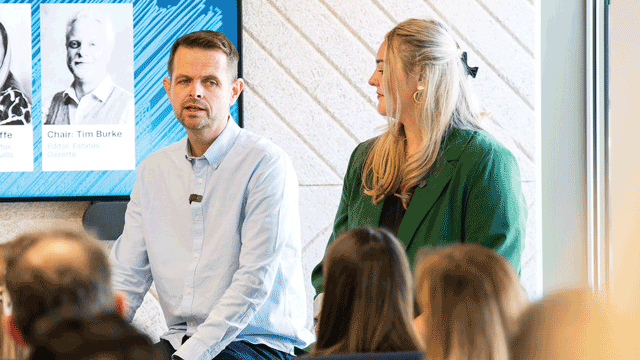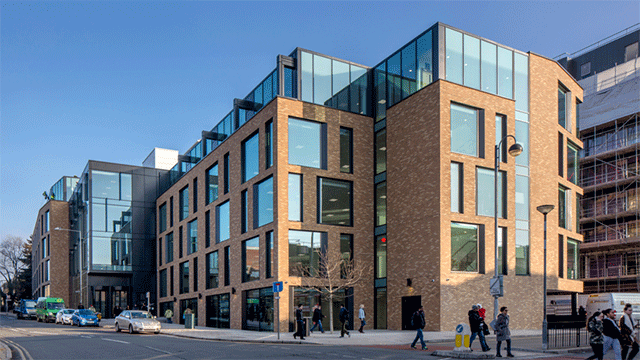COMMENT The UK has seen intense growth in life sciences and its accompanying real estate. Despite cynicism from some commentators about whether this could continue throughout 2023, Q1 saw record take-up and investment in the Golden Triangle for life sciences, and the diversity and depth of capital seeking deployment into the sector remains positive.
Regardless of cyclical volatility, we are still very much at the beginning of the journey for the sector. Yes, we must be cognisant of the strong pipeline in the Golden Triangle, but also recognise that around 85% is speculative and subject to macroeconomic headwinds and that the enduring trend is that of investment into the sector translating to increased demand.
Unanswered questions
Equally, given the sector is nascent, there is a huge disparity in the technical quality of schemes being brought forward, and the question of operational expertise remains unanswered by many. Without question, there will be winners and losers.
As we seek continuous improvement to our occupier-led and operationally focused strategy, we must do more than simply deliver state-of-the-art facilities, particularly in urban locations. Affordability and social integration with the community in which we operate are just two of many areas we enhance to differentiate our value proposition.
Putting science on display, delivering spaces in the heart of the building for the community, and demystifying career pathways through education, mentorship and internships are critical if you want to ensure local talent is accessible. Talent is the lifeblood of the sector, and as developers and operators we must do what we can to stimulate collaboration between local authorities, institutional stakeholders and the private sector.
This is precisely what we are doing at Cavell Street, Whitechapel, with Knowledge Centre access for local schools and STEM community groups, STEM pilot schemes with primary schools, CPD training for teachers to enliven the curriculum, and securing Queen Mary University of London graduates and PhDs to inspire.
Likewise, if we want to grow the ecosystem and stimulate collaboration, innovation and research, we must address and overcome a significant barrier to entry: affordable laboratory space. By that I do not mean an arbitrary discount to headline rent on shell-and-core space, but affordability in the holistic sense.
Headache-free
This means delivering fully managed, fitted, ready-to-go incubator space and grow-on space with flexible licence agreements – ensuring the real estate journey is frictionless and headache-free, allowing capital raised for science to focus on science, not real estate.
We are working closely with key London boroughs to help shape an affordable workspace policy in the context of what the life sciences sector needs and how to make it relevant locally. There is an insatiable appetite to maximise the value of affordable lab space that the pipeline can deliver, and we intend to lead by example.
With growth and pipeline comes opportunity, and we know others are thinking similarly. As a sector, we must come together and ensure the best ideas come to fruition and do so at scale.
Rob Beacroft is a director at Lateral











